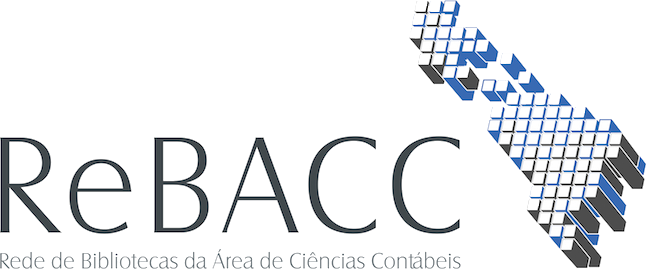Use este identificador para citar ou linkar para este item:
http://rebacc.crcrj.org.br/handle/123456789/5623| Título: | Accounting quality and the adoption of IASB standards: portuguese evidence |
| Palavras-chave: | Earnings quality; International accounting standards; Value relevance |
| Editora / Evento / Instituição: | Universidade de São Paulo. Faculdade de Economia, Administração e Contabilidade |
| Descrição: | Through rule 1606/2002 by the European Commission, Portuguese listed firms were required to adopt IASB standards in the preparation and presentation of consolidated accounts for the periods beginning on or after 2005. IASB standards are developed in environments where accounting practices are especially directed at the private sector, reporting rules are largely unaffected by taxation requirements and capital is traditionally raised in public markets. However, in Portugal, financial reporting is closely related to tax reporting and banks play a key role in providing finance and inside access to information. We investigate whether adopting IASB standards is associated with higher earnings quality and higher value relevance. We compare the earnings quality and value relevance of accounting data of 34 Portuguese listed firms before (1995-2004) and after (2004-2005) the adoption of IASB standards. We find that firms, during the period when they adopt IASB standards, report less smooth earnings than those firms in periods when they adopted national accounting standards, which seems to suggest an improvement in earnings quality. However, we also find that the value relevance of accounting information decreases with the adoption of IASB standards. |
| URI: | http://rebacc.crcrj.org.br/handle/123456789/5623 |
| Outros identificadores: | https://www.revistas.usp.br/rcf/article/view/34274 10.1590/S1519-70772008000300009 |
| Aparece nas coleções: | Revista Contabilidade & Finanças - USP |
Arquivos associados a este item:
Não existem arquivos associados a este item.
Os itens no repositório estão protegidos por copyright, com todos os direitos reservados, salvo quando é indicado o contrário.

